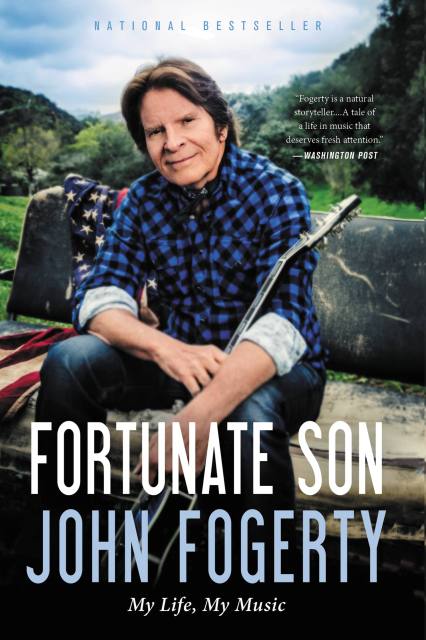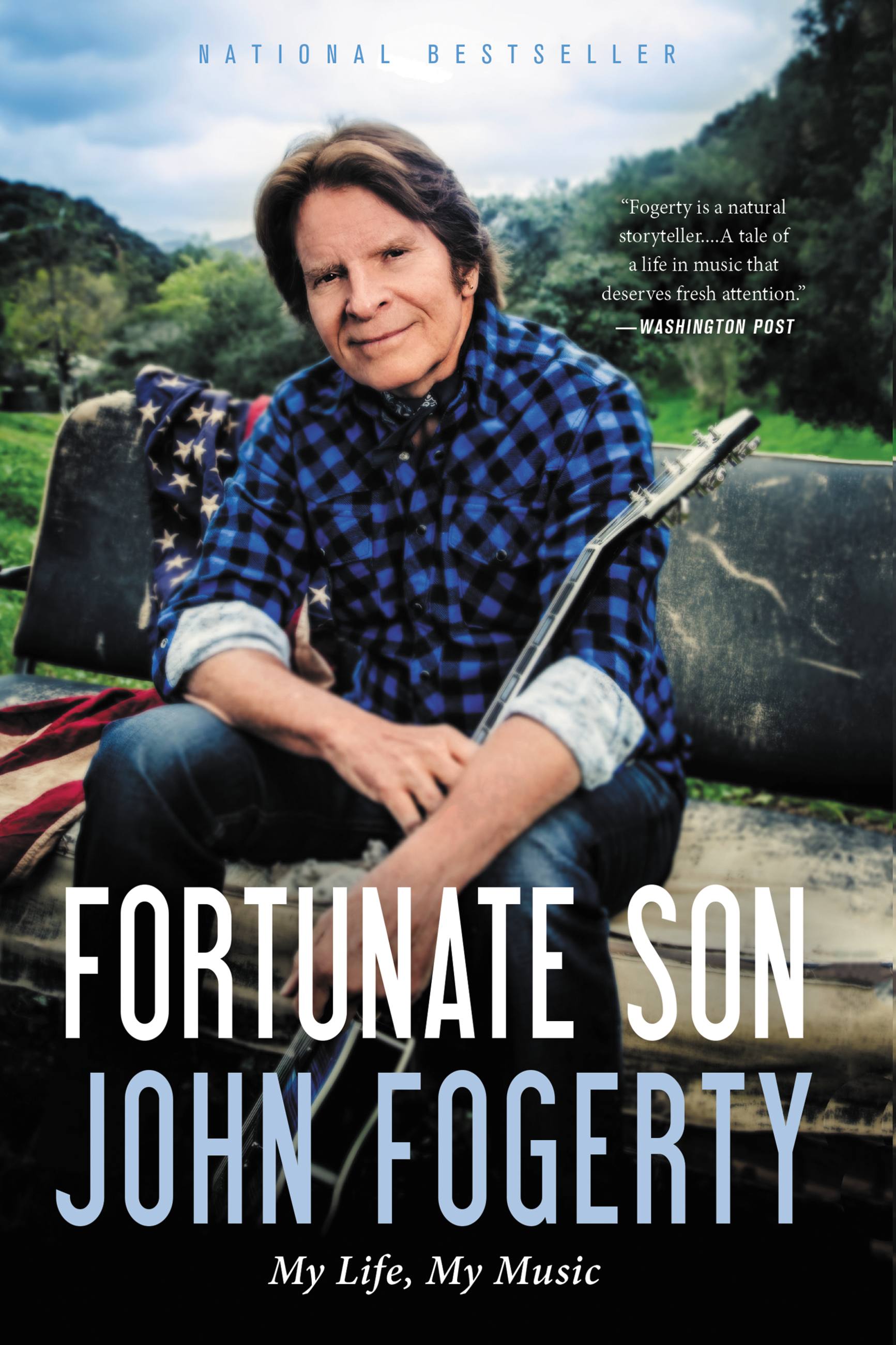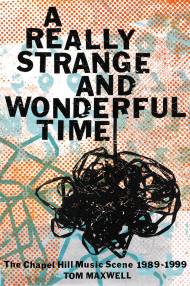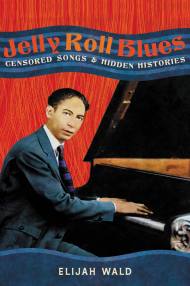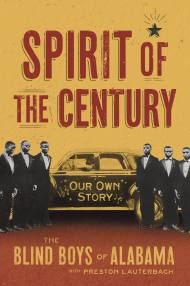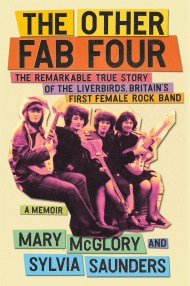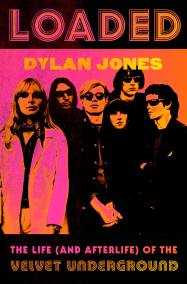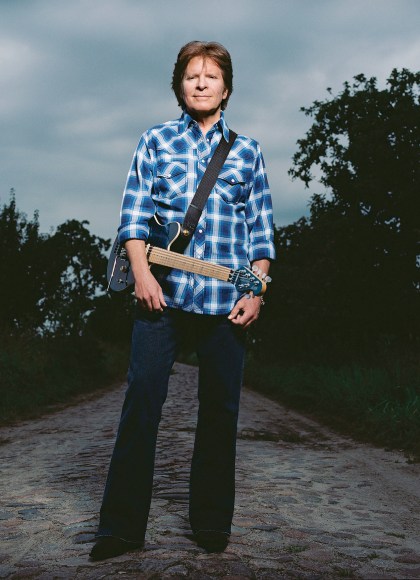Promotion
Use code MOM24 for 20% off site wide + free shipping over $45
Fortunate Son
My Life, My Music
Contributors
By John Fogerty
Formats and Prices
Price
$15.99Price
$19.99 CADFormat
Format:
This item is a preorder. Your payment method will be charged immediately, and the product is expected to ship on or around October 6, 2015. This date is subject to change due to shipping delays beyond our control.
Also available from:
The long-awaited memoir from John Fogerty, the legendary singer-songwriter and creative force behind Creedence Clearwater Revival.
Creedence Clearwater Revival is one of the most important and beloved bands in the history of rock, and John Fogerty wrote, sang, and produced their instantly recognizable classics: “Proud Mary,” “Bad Moon Rising,” “Born on the Bayou,” and more. Now he reveals how he brought CCR to number one in the world, eclipsing even the Beatles in 1969. By the next year, though, Creedence was falling apart; their amazing, enduring success exploded and faded in just a few short years.
Fortunate Son takes readers from Fogerty’s Northern California roots, through Creedence’s success and the retreat from music and public life, to his hard-won revival as a solo artist who finally found love.
Genre:
- On Sale
- Oct 6, 2015
- Page Count
- 416 pages
- Publisher
- Little, Brown and Company
- ISBN-13
- 9780316244565
Newsletter Signup
By clicking ‘Sign Up,’ I acknowledge that I have read and agree to Hachette Book Group’s Privacy Policy and Terms of Use
